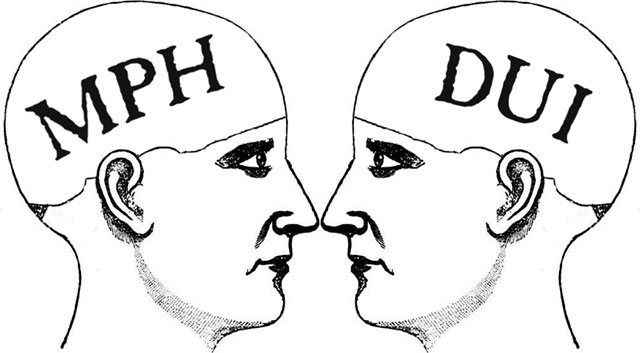Ask any authority about the top causes of car collisions – or road fatalities – and the same ones rise to the top. The order sometimes changes, but speeding, distracted driving, and drunk driving are always in the top four. As they probably were 50 years ago.
Some recent research has found a link between two of these factors. A study of the characteristics of risky drivers by a professor at McGill University was made to answer the question: what kind of person takes risks while driving?
The study found that speeders and repeat drunk drivers had some distinctive traits:
- Speeders had fewer inhibitions, were poor decision makers, and they sought stimulation and excitement
- Repeat drunk drivers also were less inhibited, but they weren’t risk-takers or sensation seekers while sober
- Those who were both speeders and drunk drivers tended to have substance abuse problems. In addition to sensation seeking, they had more antisocial tendencies
The link between speeders and impaired drivers is disinhibition. For those people, all it takes is to feel less social pressure to start risking one’s life through reckless driving. However, the fact that drunk drivers seem to lose their tendency to take risks when sober, it appears that the answer, at least in the short run, is to separate drinking from driving.
The way that is done is through an ignition interlock – a car breathalyzer device which prevents a vehicle from starting if the driver has been drinking. When ignition interlocks are required after a DUI, recidivism goes down. Perhaps the propensity for risk-taking is not diminished, but the actual danger of drunk driving is.
No one study holds the answer to drunk driving. Nor does one device. But as our knowledge of risky driving behavior increases, we must use whatever tools we have to put this knowledge to use. Requiring ignition interlocks for all DUI offenders would prevent convicted drunk drivers from taking the risks they are clearly drawn to while under the influence. That measure would protect not just them but all of society from the consequences of a bad decision.

